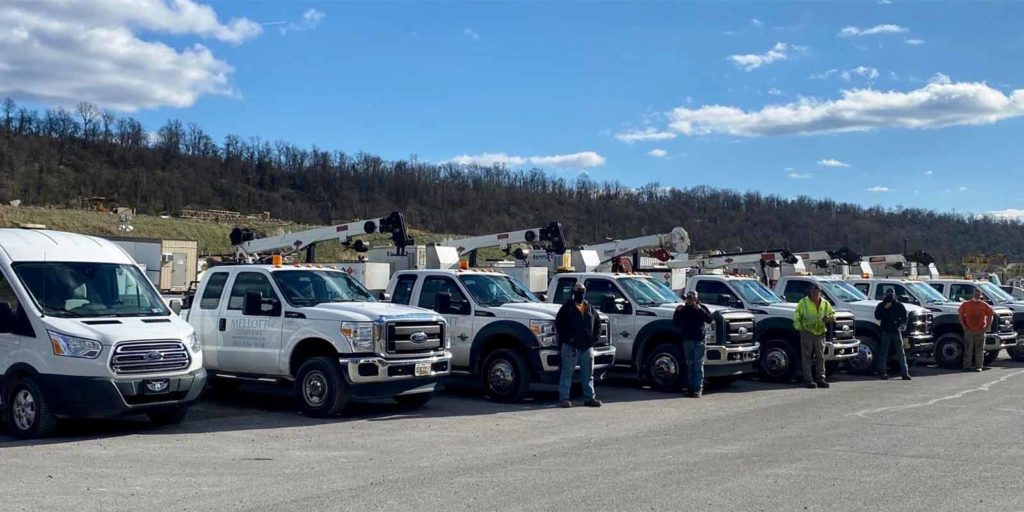Rock crushers are complicated.
There are different kinds of rock crushers, they serve a variety of different crushing purposes, and they all have tons of different moving parts. There’s a lot that can go wrong with a rock crusher – and customers can have a lot of questions.
The good news is that the 80/20 rule applies to stone crusher questions. In other words, while there are a lot of customer questions, 80% of them deal with the same 20% of issues. These are the things that come up again and again – and again.
We see them all the time in our operations and we’ve got the answers.
Here they are, presented in the hope that they’ll save you a bit of time and stress: the answers to the seven most commonly asked customer questions about jaw crushers and cone crushers.
Let’s dive in.
1. What kind of (and how much) oil is in my rock crusher?
This may be the most common question we get asked. Our answer is always the same: you should refer to your operation manual.
Sometimes the operation manual is hard to track down (this is more common when dealing with the physical manuals from older crushers). If you can’t find your manual, you should seek out the rock crusher manufacturer to get their recommendations firsthand.
All of this said, it’s worth noting the recommendations for a few common makes: All HP rock crushers take ISO 150, while Symons rock crushers take ISO 68.
(But, again, if you have any question, refer to the manual.)
2. Why is my stone crusher getting hot?
There are a few possible causes to overheating.
There could be a blockage in the oil cooler, a potential lubrication system failure, or a potential mechanical failure.
In any case, this is why daily records are so important. Tracking things like:
- Ambient temperature
- Lubrication oil pressure
- Crusher “amps” or power
- Temperature difference between lubrication supply and drain lines
- Lubrication tank oil temperature
- Crusher coast-down time
- Head spin
…can help to identify where potential issues lie. If one of these factors fluctuates and your crusher get hot, you have a quicker path to diagnosis.
3. Can you tell me why my rock crusher is vibrating?
A vibrating crusher is a frightening sight. This could be due to something minor, like loose mounting hardware. In HP crushers, it could be due to material buildup in the counterweight – or due to a worn counterweight from to buildup on arm guards.
There’s also the possibility that the vibration could be the result of structural damage.
4. Why did my rock crusher stop crushing?
This question is kind of funny, if only because the issue itself is obvious. But it is a serious problem.
When throughput stops, what’s causing it?
Most commonly, a crusher stops crushing because its manganese liners get too worn. It might also stop due to a gradation change on the material incoming to the crusher.
5. What caused my stone crusher to lock up?
There’s a very common answer to this question: Tramp, tramp, and tramp.
Tramp is the term for uncrushable material that gets stuck in the machine – material like steel, wood, or pieces of components from a crusher earlier in the line. Obviously, tramp should be removed from the system.
If tramp isn’t the cause of the lockup, it might be due to lack of lubrication oil flow or excessive power – what we call “overpowering the machine.”
(It’s probably tramp, though.)
6. Why is my oil getting dirty?
Dirty oil is often found when rock crushers have failing seals or positive air pressurization motors and plumbing aren’t operating properly.
Otherwise, dirty oil may be due to poor (or missed) lubrication system services, including the breather filters that are located on the lubrication units and crusher. We see this fairly commonly; oil / filter changes are often done without cleaning the tanks.
7. Why is the pressure switch shutting my rock crusher down?
If the pressure switch is shutting a crusher down, it’s probably because there’s a poor gallons-per-minute (GPM) coming from the lubrication pump.
If that’s not the cause, the shutdown could be due to a failing relief valve, large clearances in the crusher’s bushings, or simply a failing pressure switch.
(It’s important to note, though, that crusher interlocking switches rarely fail – and they should never be bypassed, even if the switch or sensor is deemed to be bad. Instead of bypassing a bad switch, repair the issue immediately.)
Want More Rock Crusher Service Help?
Hopefully, these questions and answers have been helpful as you review your own rock crusher. If you’re looking for more specific help – or if you have a question that wasn’t included on this list – get in touch with us.
At Mellott, we’re experts at navigating the different components of rock crusher selection, setup, and maintenance. No matter what your stone crushing needs are, we can help.
Get in touch with us today online or at 855.554.1606, and let’s get your questions answered.

